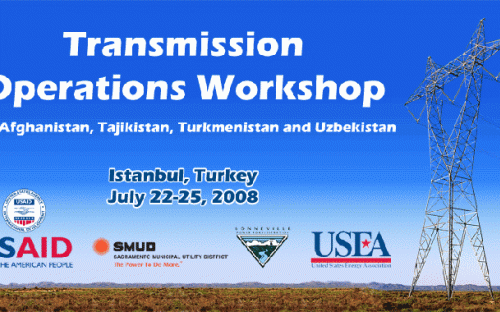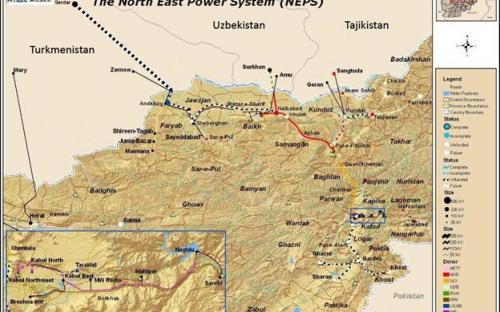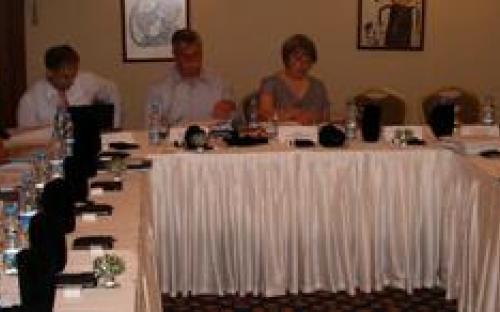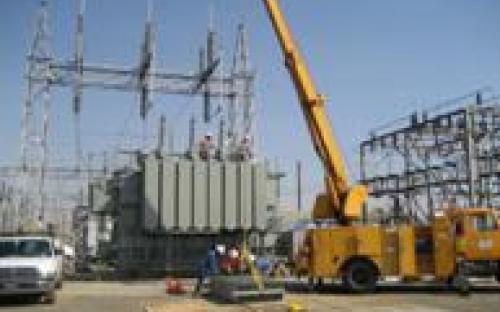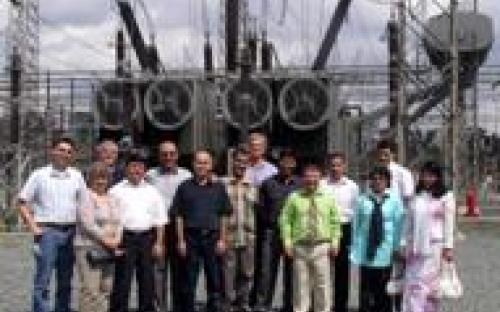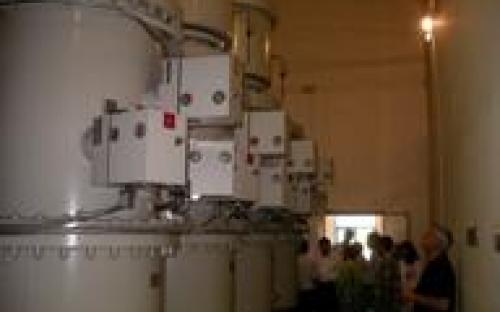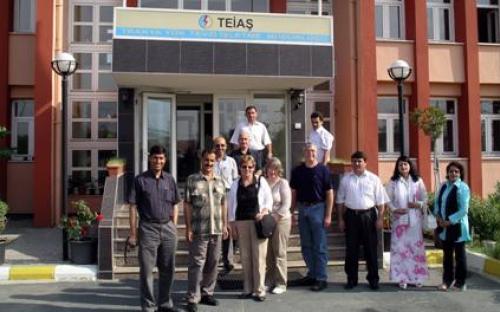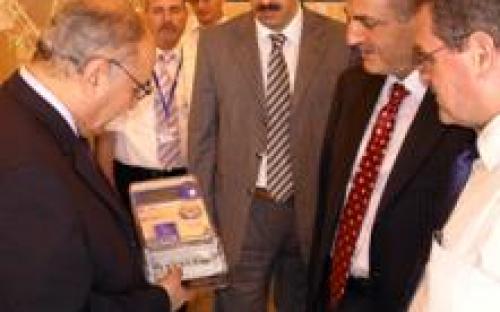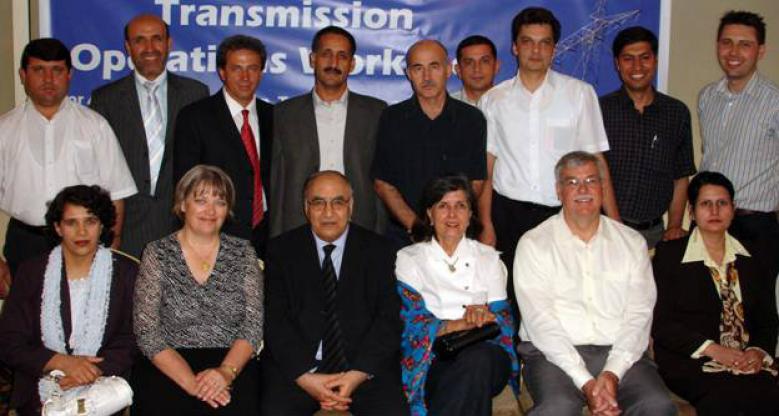
U.S. Transmission Experts Share Transmission Operations "Best Practices"
The United States Energy Association’s (USEA) Energy Utility Partnership Program funded by the United States Agency for International Development (USAID) conducted a four day Transmission System Operations Workshop for transmission operators from Afghanistan, Tajikistan, Turkmenistan and Uzbekistan in Istanbul, Turkey July 22-25, 2008.
The program was conducted with two tracks:
- Transmission Operations Workshop for transmission operators
- Utility Orientation for Dr. M. J. Shams, Minister of Economy of Afghanistan and the
newly appointed Head of DABS-- the recently corporatized Afghanistan electric utility
BACKGROUND
The objective of the Transmission Operations Workshop was for representatives of from the Central Asia Republics (Tajikistan, Turkmenistan and Uzbekistan) to meet with their Afghan counterparts in an effort to facilitate the construction and operation of the transmission corridor between Afghanistan and the Central Asia Republics and to promote confidence in cross-border power exchange.
Afghanistan is currently nearing completion of the North East Power System (NEPS) 220kv transmission system, portions of which will go into operation sometime in October of 2008. The NEPS transmission system will allow Tajikistan, Turkmenistan and Uzbekistan to export electricity to Afghanistan and greatly improve supply reliability and coverage to North Eastern Afghanistan.
Afghanistan's neighboring countries view the construction of the NEPS transmission system as somewhat of a mixed blessing. On one hand, it is looked on as a means to export excess power to a country that needs it and can pay for it. On the other hand it introduces a significant degree of reliability issues stemming from the volatility of the situation in Afghanistan and the lack of a unified set of transmission operation standards and procedures. Additionally, power purchase agreements have become a issue as they are done on a bilateral basis between Afghanistan and its neighbors and coming to a mutually beneficial agreement has proven to be extremely difficult.

